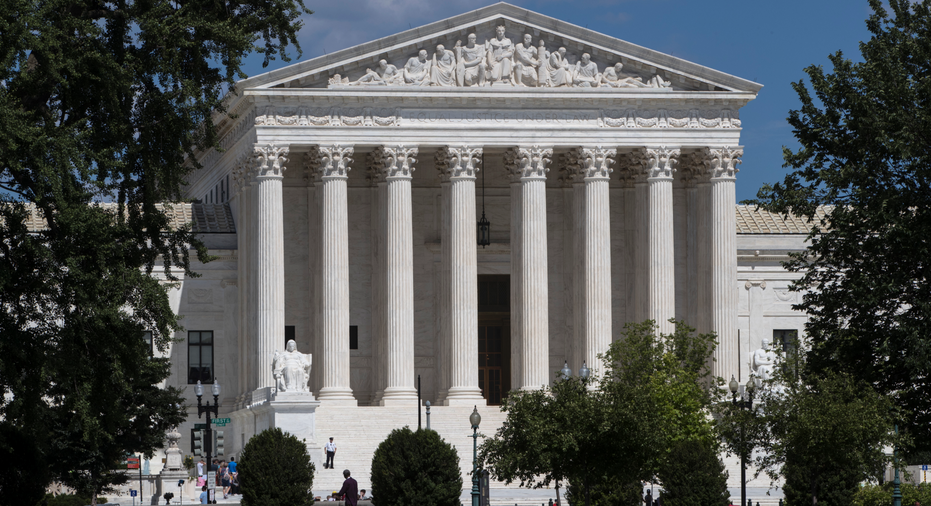Supreme Court wrestles with whistleblower protection issue

WASHINGTON – The Supreme Court on Tuesday seemed reluctant to broadly apply whistleblower protections passed by Congress following the 2008 financial crisis, suggesting those particular protections only apply to people who report problems to the government.
The question the justices were wrestling with involves the Dodd-Frank Act, which Congress passed to restrain banks from the kind of practices that many blamed for the 2008 financial crisis. Part of the law protects people who report legal violations to the U.S. Securities and Exchange Commission from being fired, demoted or harassed. The court is being asked to decide whether employees who report problems to their company's management but not the commission also qualify for protections under the Dodd-Frank Act.
The Trump administration is arguing that they do qualify for protection, and the commission said the same in a 2011 rule. Businesses oppose that reading of the law.
In court Tuesday, a number of justices suggested that the Dodd-Frank Act's text indicates that whistleblower protections don't extend beyond people who report problems to the Securities and Exchange Commission. Justice Neil Gorsuch said the "plain language" of the law makes that obvious.
"How much clearer could Congress have been?" he asked.
The justices discussed the fact that people who report issues to their company's management are still protected against retaliation under an older law, the 2002 Sarbanes-Oxley Act. The two laws differ in a number of ways, however, including how long people have to bring a lawsuit and the amount of money they can get in compensation.
The case comes to the high court when the Trump administration has already laid out changes it wants to make to the 2010 Dodd-Frank Act, which the administration believes went too far and has hurt economic growth. President Donald Trump has repeatedly attacked the law as a "disaster" and has promised to do "a big number" on it.
The case the court was taking up involves Paul Somers, who worked for San Francisco-based Digital Realty Trust Inc., a real-estate investment trust that owns data centers worldwide.
Somers was the company's second in command in Singapore when he made accusations to senior managers that his boss had hidden millions of dollars in cost overruns, granted no-bid contracts and made payments to friends, among other things. Somers was fired in 2014 after making the allegations. He sued, saying his firing was a retaliation that violated the Dodd-Frank Act. He also alleged he had been discriminated against for being gay.
Lower courts have sided with Somers, saying he was entitled to whistleblower protections even though he didn't disclose his allegations to the Securities and Exchange Commission.
The case is 16-1276, Digital Realty Trust Inc. v. Somers.
___
Follow Jessica Gresko on Twitter at http://twitter.com/jessicagresko



















